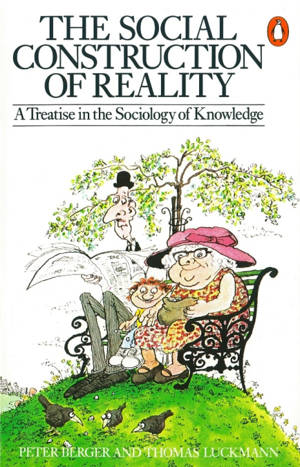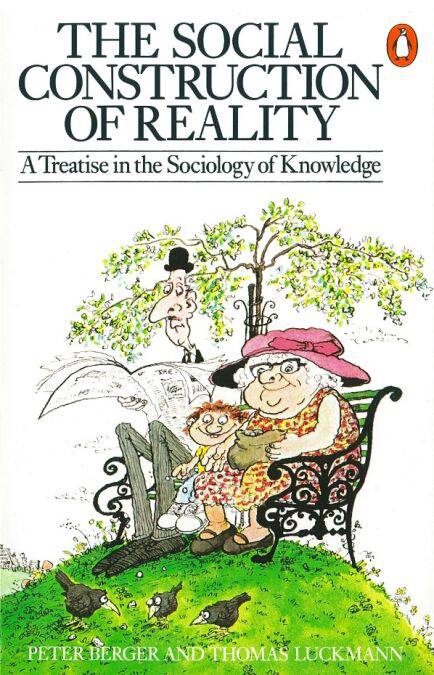
- Retrait gratuit dans votre magasin Club
- 7.000.000 titres dans notre catalogue
- Payer en toute sécurité
- Toujours un magasin près de chez vous
- Retrait gratuit dans votre magasin Club
- 7.000.0000 titres dans notre catalogue
- Payer en toute sécurité
- Toujours un magasin près de chez vous
The Social Construction of Reality EBOOK
A Treatise in the Sociology of Knowledge
Peter L. Berger, Thomas LuckmannDescription
A general and systematic account of the role of knowledge in society aimed to stimulate both critical discussion and empirical investigations.
This book is concerned with the sociology of ‘everything that passes for knowledge in society’. It focuses particularly on that ‘common-sense knowledge’ which constitutes the reality of everyday life for the ordinary member of society.
The authors are concerned to present an analysis of knowledge in everyday life in the context of a theory of society as a dialectical process between objective and subjective reality. Their development of a theory of institutions, legitimations and socializations has implications beyond the discipline of sociology, and their ‘humanistic’ approach has considerable relevance for other social scientists, historians, philosophers and anthropologists.
Spécifications
Parties prenantes
- Auteur(s) :
- Editeur:
Contenu
- Nombre de pages :
- 256
- Langue:
- Anglais
Caractéristiques
- EAN:
- 9780141931630
- Date de parution :
- 27-03-91
- Format:
- Ebook
- Protection digitale:
- Adobe DRM
- Format numérique:
- ePub

Les avis
Nous publions uniquement les avis qui respectent les conditions requises. Consultez nos conditions pour les avis.






